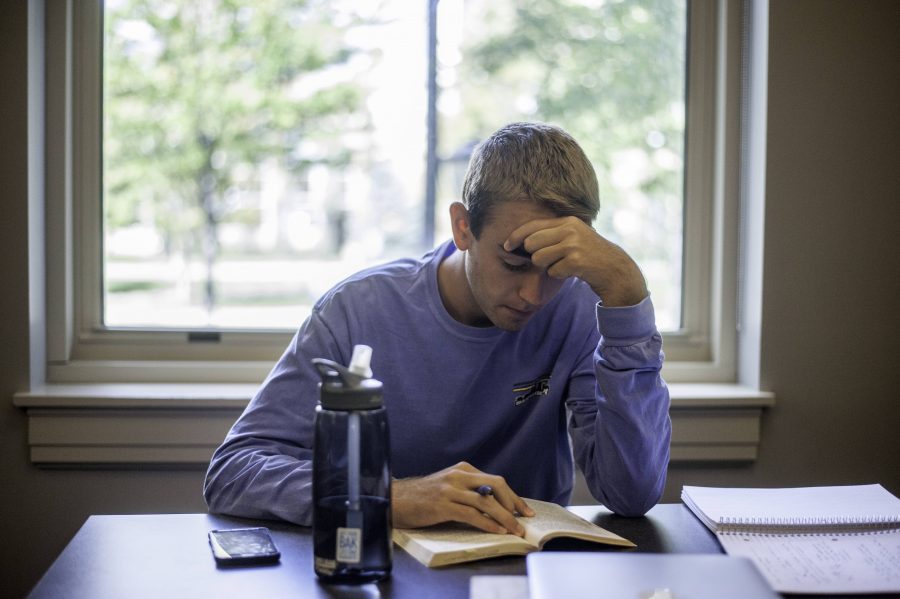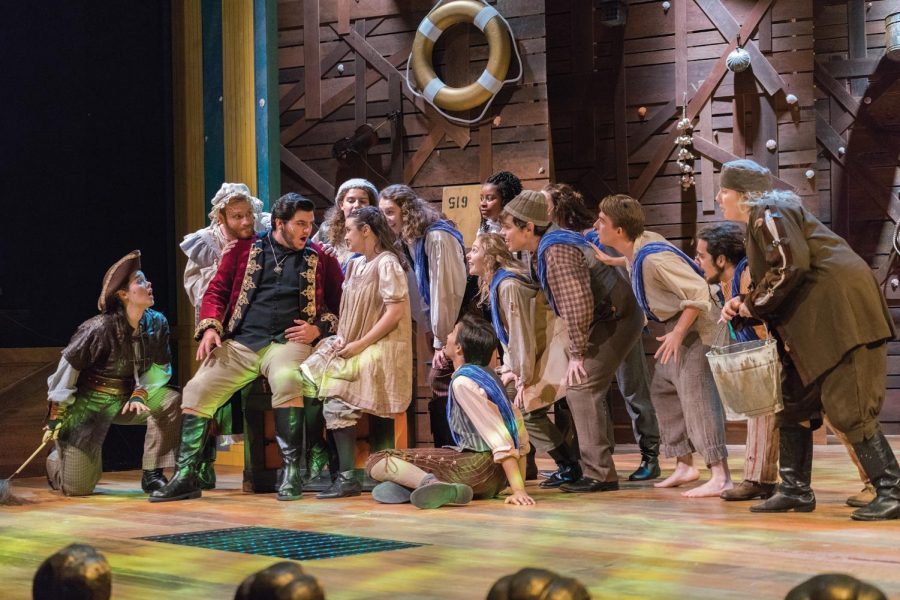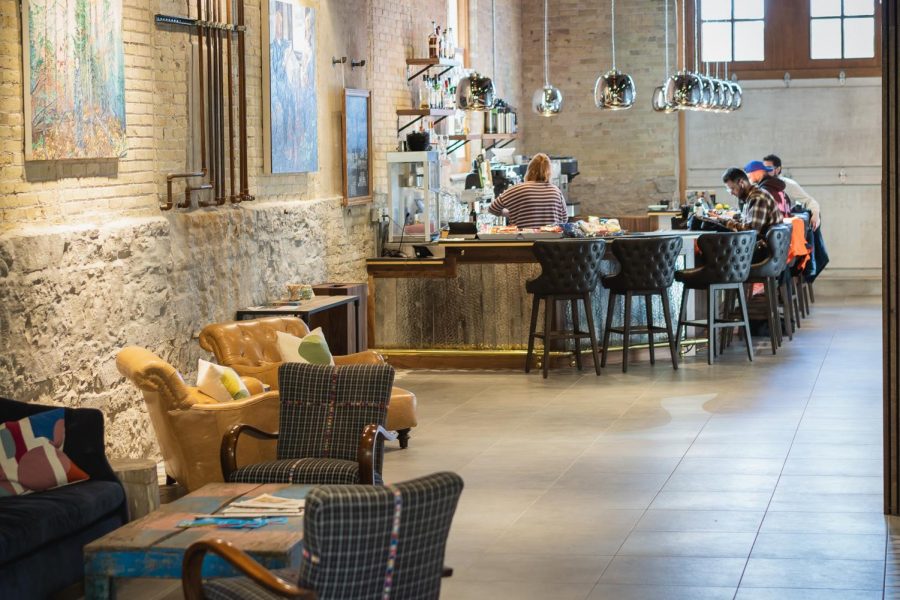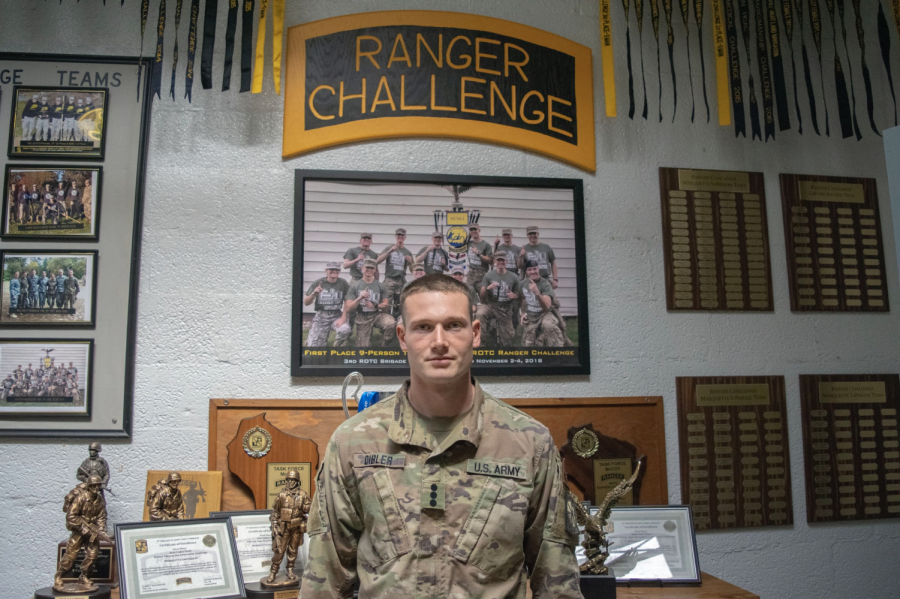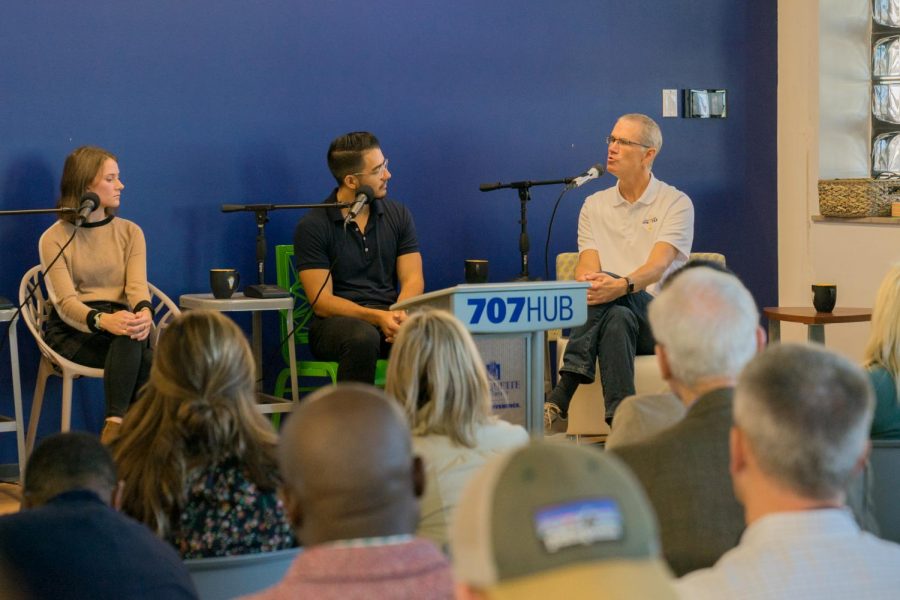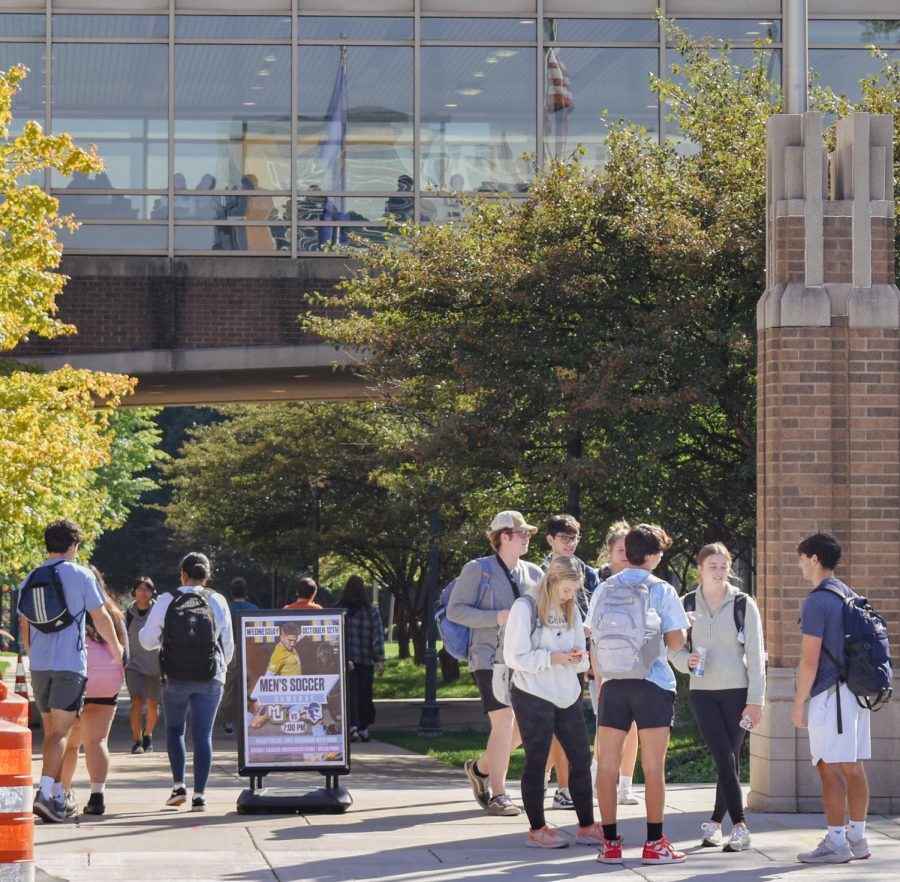It’s almost Thanksgiving, and we all know what that means. Family will come together around the dining room table heaped with food, and you’ll be forced to deal with the conversation about — yes, OK, definitely politics this year— but also what you’re planning to do with your life.
What is your major? Are you thinking about graduate school? What are you going to name your first child? You’ll have to keep your mouth perpetually full of mashed potatoes to avoid Aunt Gertrude’s interrogations.
Of course, it’s a sign that family members care and are interested, but questions like these are a small dose of the pressure exerted on students to have a plan. The momentum starts slowly in high school, when they begin tailoring their classes and extracurriculars to which colleges they plan to apply to.
Then in college, students get their generals over with and focus on the classes and involvement that can propel them into graduate school, or a career, or whatever it is they plan to do once they’ve gotten their degrees. The plan itself is the most important part. It’s easy to panic, thinking that without one, you will quickly fall behind. How can you prepare for the future if you don’t know what you’re preparing for?
Sometimes I miss earlier education like high school and even elementary school. Back then, I could choose to try what I wanted without being constrained by time and money. I could explore different activities, take classes that had nothing to do with each other and figure out what I liked best. It was possible to do sports and theater, to enter pieces in the art show as well as compete in robotics competitions.
This is what early education is specifically built for: to give students exposure to many different paths. But sometimes it’s easy to feel locked-in once you choose something.
I’ve felt this myself, letting hobbies fall by the wayside in favor of things I can put on my resume. And lately, I’ve realized this is a mistake. Those random, arbitrary, sometimes-useless interests can be what set you apart from everyone else. They are what has shaped the person you’ve become.
For example, biomedical sciences is the largest major at Marquette with 727 students. As with any major, all these students will follow similar paths, join similar clubs and do internships to boost their experience and chances of getting jobs and acceptance to graduate programs.
However, there may only be one who knows how to play the violin, or really likes soccer or can knit a mean scarf.
It can be hard to make time to do things for fun — things you enjoy — but they are what make you a captivating and a well-rounded person. They give you depth, dimension and intrigue.
What’s more, you don’t have to be locked in at all. Several sophomores I know just recently changed their majors, and even more telling is the fact that “undeclared” is the fourth biggest major at Marquette. Five hundred and twenty-five students don’t know exactly what they’re doing, and you don’t have to either.
It may seem like everyone else is much more composed than you at times, but college is not a contest to see who is the most put together. It can be scary to admit your uncertainty, but it’s better to confront it now than 10 years in the future, deep into a career you’d rather have.
And if you explore and end up right back where you started, that’s OK too. The important thing is that you allow yourself to be unsure and try different things. Don’t take advice to “do what you love” as a cliche. Listen to yourself and don’t lose sight of what makes you who you are.

